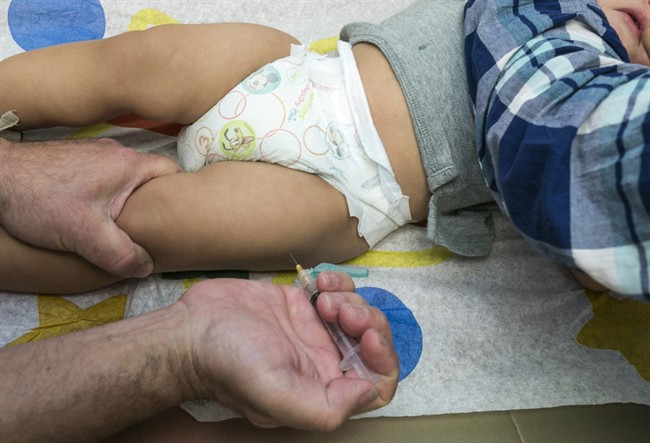Last week Governor General Julie Payette caused quite the stir while addressing the Canadian Science Policy Convention.

Most reasonable people were not upset at the content of the remarks — anthropogenic climate change is real, natural selection is scientific fact, sugar pills don’t cure cancer, astrological signs have no bearing on the course of one’s life or personality — but rather the tone in which they were delivered.
There was indeed an undercurrent of incredulity that people in a developed country like Canada would still have trouble accepting multiple aspects of basic science. I share Payette’s vantage point, but of course, I’m allowed to be obnoxious in a way that would be inadvisable for a Governor General.
Yet as our national nightmare of having a scientist Governor General relay scientific facts to a science conference comes to a close, it’s worth ruminating on the grander scope of her message. Payette used the examples she did in order to illustrate the point that people will refuse to accept facts and science if it is convenient to do so in order to conform to their preconceived worldview.
Misinformation is one of the biggest threats to liberal democracies all around the world, which is why the Governor General was trying to underline the importance of standing up to bogus claims, scientific or otherwise: “Democracy and society have always gained from learned debate but we have to remain vigilant and we cannot let ourselves fall into complacency and we must be vocal, all the time, everywhere, every single one of us, so we can deconstruct misinformation and don’t end up in an echo chamber just listening to what we want to hear.”
In other words, call out misinformation whenever and wherever you see it in order to save democracy. That’s all well and good, but I think there’s a more pressing case to be made. We need to call out misinformation whenever and wherever in order to literally save humanity. The inability of people of all partisan stripes and affiliations to accept facts as facts will ultimately be the end of us all. The clearest example of this is the anti-vaccination movement.
My husband has an autoimmune disease, and as such gives himself a weekly subcutaneous shot of an immunosuppressant. The result is that his own immune system is essentially told to stand down. This doesn’t have much of an impact on our day-to-day life, but we do become increasingly cognizant of his medical condition during flu season and at large gatherings wherein the likelihood of encountering an anti-vaxxer is higher than when surrounded by our normal social circle of science-loving nerds.
This year, the flu is predicted to be particularly bad. As hospitals prepare for the possibility of an increased surge in hospitalizations, public service announcements are reminding people to get vaccinated against the flu. While it’s true that the influenza vaccine does not inoculate one against any and all variations of the virus, it does protect against what is believed to be the most common strain for the upcoming flu season. It’s not exactly complicated, and yet every year people will forgo their flu shot, which is free, for no reason other than not “believing” that it makes a difference.

Get daily National news
Although I suppose people cannot be expected to get vaccinated for the common flu when people are literally refusing to vaccinate against diseases that were once upon a time thought to be eradicated from the western world.
Much like wide-leg pants, measles have made a comeback. It’s not because of some sort of wild mutation, or because our vaccines have somehow otherwise been rendered ineffective, but because people choose to believe misinformation over years and years of peer-reviewed data proving that vaccines are our best defence against diseases of this type.
WATCH BELOW:
Before the widespread adoption of the measles vaccine, the disease used to kill approximately 2.6 million people a year. This kind of rampant scientific illiteracy that underpins the anti-vaxxer movement and the pride in the right not to believe in the science of vaccines has the potential to kill people on a scale not seen in decades.
It’s all well and good if science wasn’t your thing in school. I don’t fault anyone for not knowing how to find the derivative of a rational function or being unable to explain the difference between prokaryotes and eukaryotes. But I do fault people for their unwillingness to listen to those that do have the expertise.
People have every “right” to believe in whatever it is they believe, but that right doesn’t actually extend to living in a world where experts can’t tell you why you’re wrong. When subject matter proficiency is seen as a liability, rather than an asset, it poses a very real danger to us all.
Supriya Dwivedi is host of The Morning Show on Toronto’s Talk Radio AM640 and a columnist for Global News.













Comments
Want to discuss? Please read our Commenting Policy first.